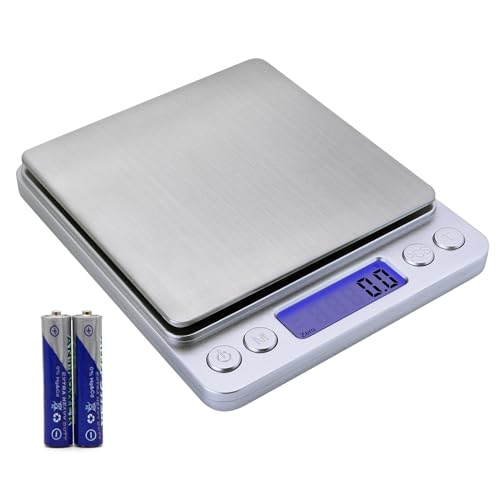The racks are here:
http://m.joann.com/wilton-3-tier-cooling-rack/xprd305829
And i dont see a 50% coupon on their site but you can sign up to the mailing list and they email coupons. Even if you forget a coupon and you ask they usually will ring up a coupon from behind the counter for you.
As i said tho wait for the wilton sale to end (tomorrow is the last day iirc). So you can get it for $5.50 instead of $8.99.
http://m.joann.com/wilton-3-tier-cooling-rack/xprd305829
And i dont see a 50% coupon on their site but you can sign up to the mailing list and they email coupons. Even if you forget a coupon and you ask they usually will ring up a coupon from behind the counter for you.
As i said tho wait for the wilton sale to end (tomorrow is the last day iirc). So you can get it for $5.50 instead of $8.99.












































 I read a lot of soap books and different soapmaking blogs (the blogs were what eventually persuaded me to bite the bullet and start making soap, after being really afraid of how "scary" lye is for a year...embarrassing, I know) but there is always something new or a different take on something to learn. Only one example is since I've been here I found out, for instance, why my castile soap really reaches its peak at 4-5 months for me and that that's a normal thing. And also I've been encouraged to let it age even longer. Guess I'd better work on getting 4 jugs from Costco to make some more!
I read a lot of soap books and different soapmaking blogs (the blogs were what eventually persuaded me to bite the bullet and start making soap, after being really afraid of how "scary" lye is for a year...embarrassing, I know) but there is always something new or a different take on something to learn. Only one example is since I've been here I found out, for instance, why my castile soap really reaches its peak at 4-5 months for me and that that's a normal thing. And also I've been encouraged to let it age even longer. Guess I'd better work on getting 4 jugs from Costco to make some more!